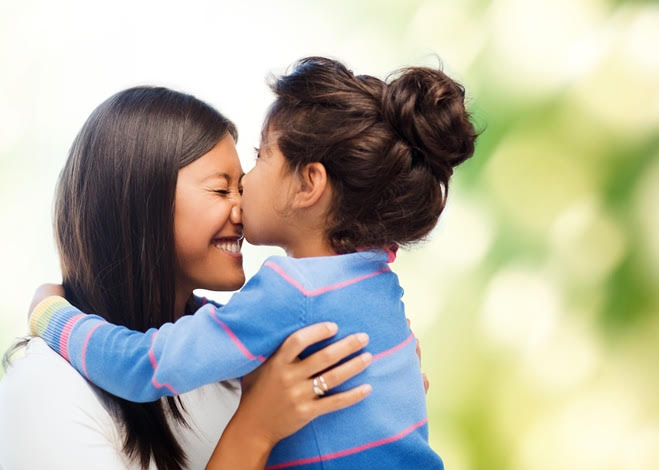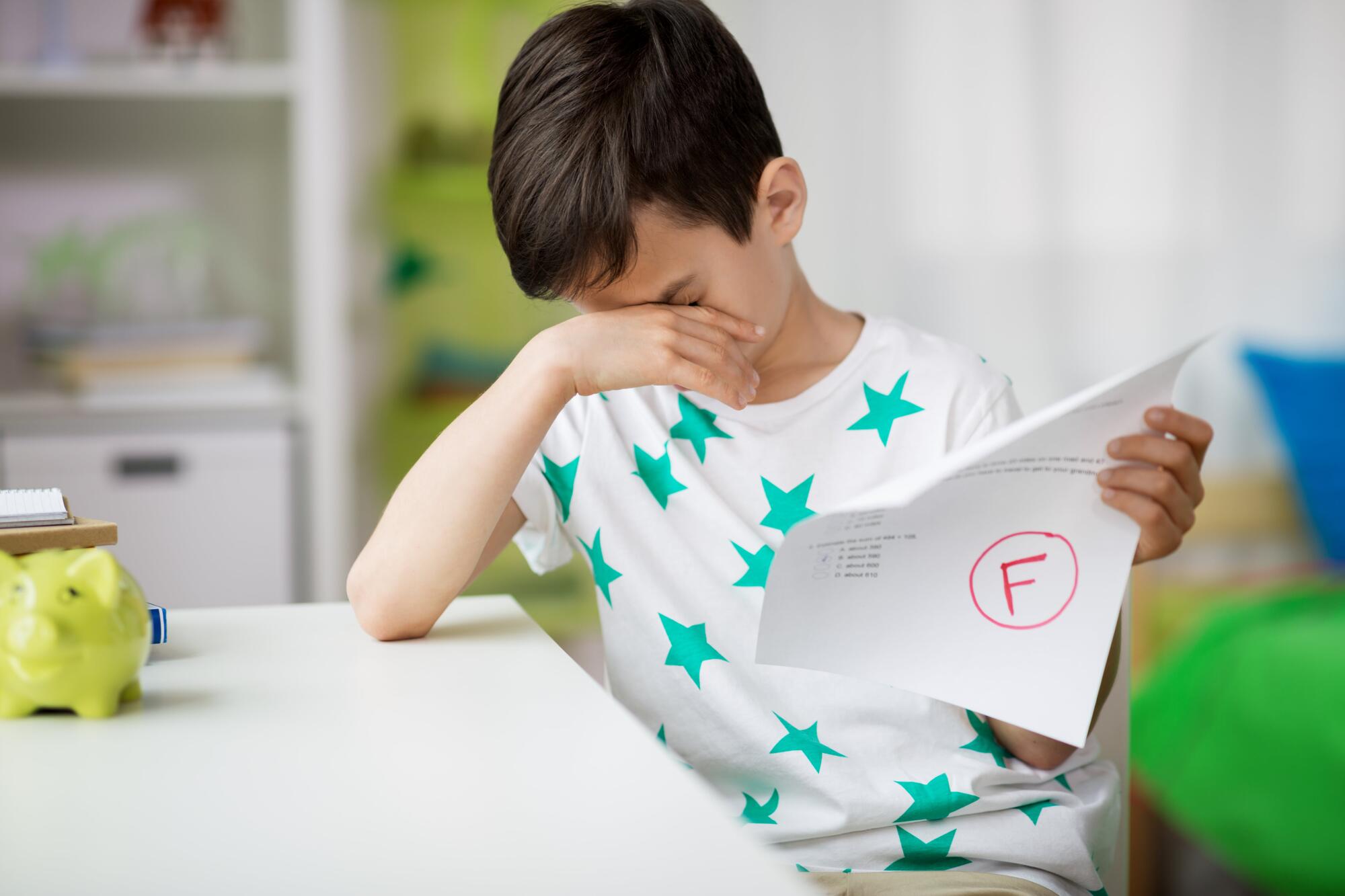When we feel stressed and weighed down, we often wish that we could remove the cause of the stress. More often than not, that’s not possible. We can’t control what life throws our way.
As parents, we tend to deal with our children’s stress in the same way we deal with our own. But by removing these difficulties from their lives, are we becoming a saviour mum or dad who flies in to save the day? Or perhaps we are helicopter parents, who hover over instead of helping our children to fly independently?
Perhaps we can all learn some strategies of coping with stress. Did you know that Positive Emotions and Positive Relationships can improve our resilience and well-being? Interestingly, this has nothing to do with the cause of stress, but these methods help us develop some immunity to the effects of stress.
Positive Emotions Can Undo the Effects of Negative Emotions
What are “Positive Emotions”? It’s more than just being happy. Observe your children and look for a whole range of emotions, such as enjoyment, hope, interest, joy, contentment, love, compassion, gratitude and pride. It could look like our children screaming in delight as they chase each other, or that yelp of contentment when they complete a 100-piece jigsaw puzzle that they spent a whole evening working on. It could also look like our children animatedly sharing their experiences.
Positive Emotions stretch our children’s imagination and capacity for creativity. When doing something they enjoy, they are more likely to persevere when faced with a challenge, as they are able to think up more creative solutions and opportunities. The child becomes more open-minded and flexible.
More importantly, Positive Emotions can undo the effects of negative emotions. Recollecting the fun and enjoyment experienced at the zoo or hanging out with family and friends over the weekend will bring a smile to their face and can offset stress from a particularly challenging day in school.
Taking time to play with your children or just spending time with them creates a whole reservoir of positive emotions that you can draw upon to offset negative emotions during stressful times. Practising gratitude on a daily basis also helps us to focus on positive emotions and buffer against the effects of stress.
Positive Relationships are our Social Support
Humans inherently thrive on building connection with one another. We seek out a sense of belonging and acceptance. In fact, the experience of bonding triggers our bodies to release Oxytocin, which fosters even more bonding.
Positive relationships need to be built. Take time to listen when your children share, get to know their interests and dreams, affirm their positive qualities and encourage them to grow in their weaknesses. Participate in activities and events with them. It’s important to choose activities that build on their interests, and connect them with community. For example, volunteering or participating in community-orientated activities enhances a parent-child relationship and also increases their circle of empathy.
Close friendships form a social support for us when we encounter challenges. Having more quality friendships will create more opportunities for us to experience positive emotions to buffer against stress. So encourage your child to form friendships and be a friend who can be trusted and relied upon. Children sometimes feel more comfortable sharing aspects of their lives and feelings with trusted friends than with adults.
One day, our children will have to take on the world on their own. So let’s not be fixated on trying to remove the hard times or take them upon ourselves. Let’s focus on preparing them to be resilient and help them develop habits and life skills that will come to their aid even when we can’t.
__________
Start this conversation with your child by watching this animation (Part 1, Part 2 & Part 3) together. In this video, a character, Bobby, encounters some daily stressful situations, but chooses to respond with a positive mind-set and builds resilience through simple coping methods. Talk about how positive emotions and relationships helped Bobby to cope with the effects of stress






